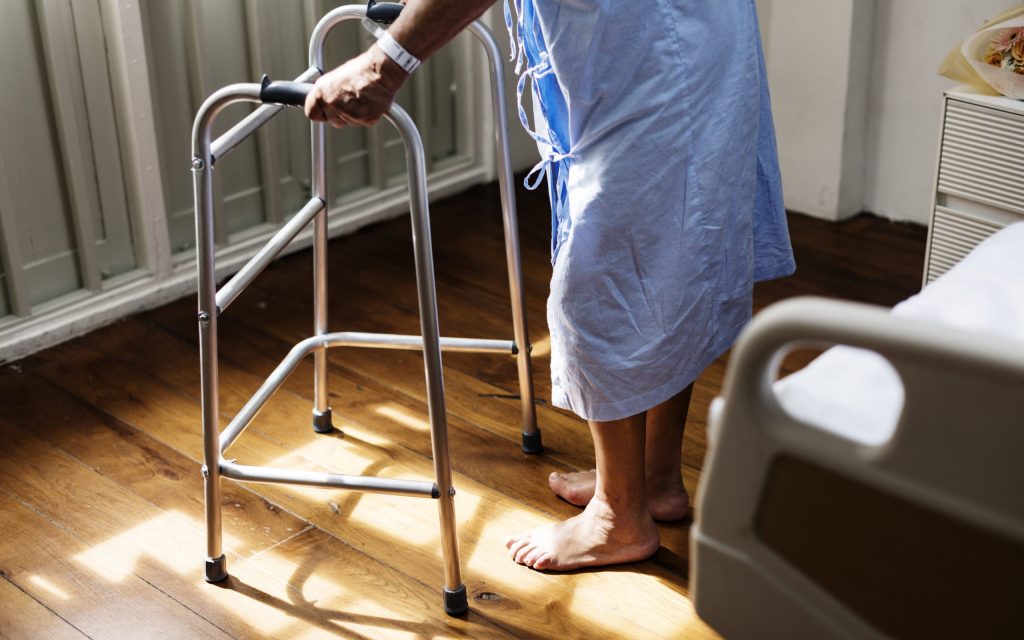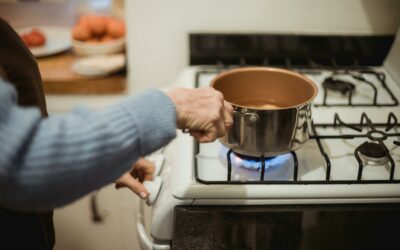 Poverty
Poverty 
Faye Patton from Care and Repair Cymru set out why we must look beyond social housing when taking action to solve poverty
Social housing has rightly been making a mark on the housing policy agenda for some time, but what about help for vulnerable older private renters and owner occupiers?
Where we live has had a huge impact on our experience of the pandemic. From March until August 2020, anyone classed as extremely vulnerable in Wales was asked to shield in their home to protect themselves from coronavirus. This included Wales’ older population.
Over 80% of older people will have been shielding in homes they own. But every day Care & Repair witnesses pensioners living in poor housing conditions, with no means to carry out repairs and maintenance. 19% of pensioners in Wales live in poverty, a figure which – although not as high as other age groups – after years of decrease is starting to creep up again. For older private renters, this proportion is much higher, at 38%. Combined, these are the people who Care & Repair Cymru help, and these are the people who every day we see living in housing conditions that are unsuitable, unsafe – and unresolved.
Increased uptake of pension credit
Pension credit is a gateway to receiving additional help for older people in Wales, but take-up is only 61% of those who are eligible. From our work alone in 2019/20, we helped 1,944 older people in Wales access over £8 million in additional benefits that they were already entitled to, but weren’t receiving.
Static income and lack of financial resources amongst Wales’ older population leads to an inability to make essential housing repairs and reduces the ability to maintain a warm home. The pandemic has highlighted the link between health and housing more than ever, but we already know that poor housing conditions can increase the risk of trips and falls, leading to hospital admission; and cold, damp homes result in increased respiratory and cardiovascular illnesses, and sadly even premature winter deaths. With cold weather on the way and the pandemic resulting in reduced access to vital support services, this winter will be a tough one for many older people. No-one should die in the winter months because they live in a cold home or have waited too long for essential help.
Our experience of listening to older people reveals that gaining access to funding streams is often considered difficult and confusing. A national pension credit up-take programme with clear advice and assistance could help lift thousands of pensioners out of poverty in Wales, help reduce health and housing inequalities and save lives.
A national safety net grant for vulnerable homeowners
18% of housing in Wales poses an unacceptable risk to health, and we know that many older occupiers do not have the means to complete repairs themselves. In 2019/20 we conducted £14.5 million housing repairs and improvement works – but we simply do not have the resources to help everyone who needs it.
Despite unmet need, local authority housing grants for disrepair are virtually non-existent, and take up of local authority loan schemes amongst older people is very low. There is a huge gap in policy and support for housing repairs amongst homeowners. Much like as government and local authorities scrambled to help us during the crisis through emergency funds and grants, we hope that this sets in motion a deeper understanding of the urgent need for a permanent safety-net to help keep houses safe and suitable for older owner occupiers and private tenants long after the initial phases of the virus.
For several years Wales has focussed on the social housing agenda – but this is not enough. We need long-term, cross-tenure support for older private renters and owner occupiers to ensure they can live in homes that are warm, safe, and meet their changing needs. We cannot risk our older population being forgotten.
Faye Patton is a Policy and Research Officer at Care and Repair Cymru. Care and Repair Cymru is a national charitable body that actively works to ensure that all older people have homes that are safe, secure and appropriate to their needs.


